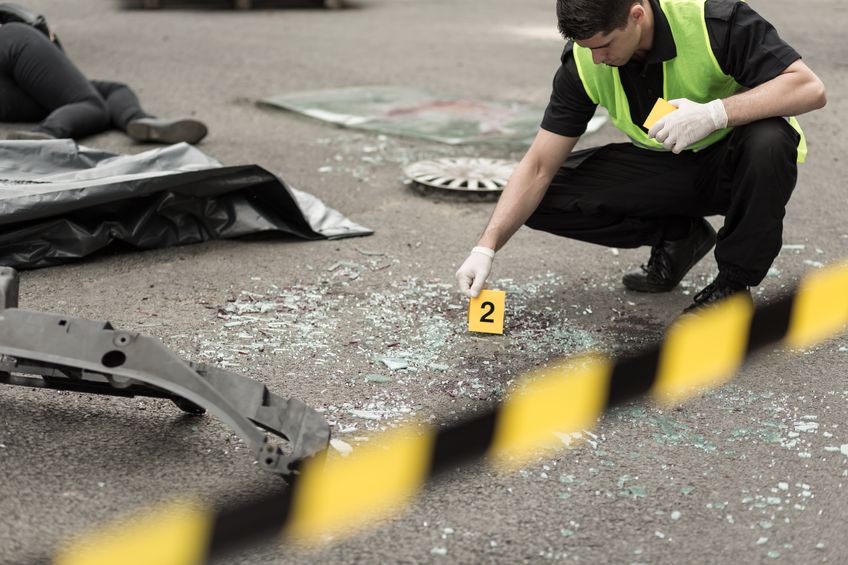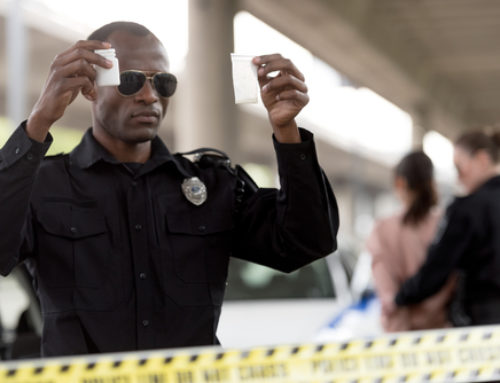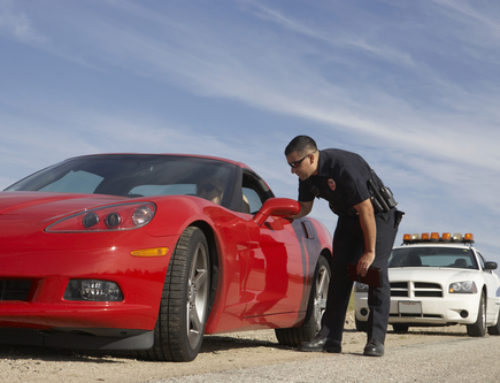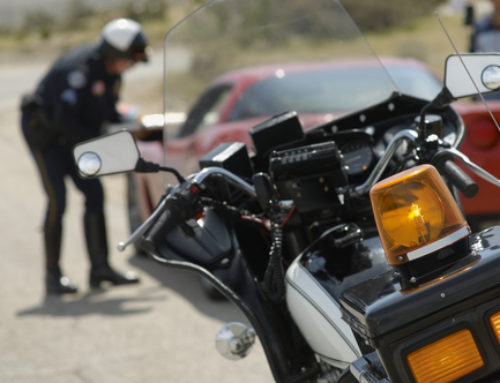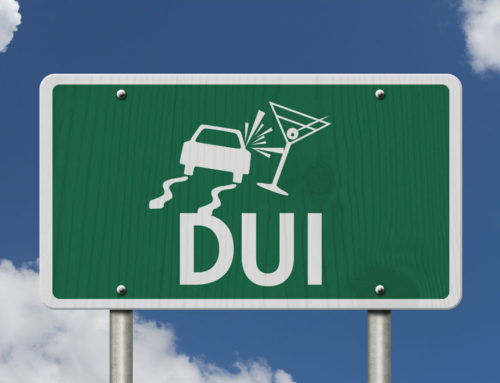A challenge to the way that police agencies in Florida and across the country routinely determine a motorist’s speed at the time of impact in collisions involving death and/or injuries is currently playing out in Palm Beach County. The challenge stems from vehicular homicide charges relating to the death of a college soccer player from northern Broward County in Palm Beach County in February 2017. The soccer player was killed when his vehicle was struck by another motorist. According to a reconstruction of the accident performed by the Palm Beach County Sheriff’s Office (PBSO), the 26-year-old driver was traveling at upwards of 89 mph at the time of the collision with the soccer player’s car. The victim’s father reported that his son was hit so hard that his son’s skull was fractured in five places. The PBSO arrived at this estimate of the driver’s speed by using the form of accident reconstruction commonly known as the drag sled technique.
The defense attorneys have challenged the specific method used by the PBSO to determine their client’s speed at the time of the collision and have asked the trial judge presiding over the case to dismiss the charges against their client. Typically, investigators will determine the car’s speed based on a car’s computer system, but the computer in the driver’s car in the recent February accident was destroyed in the collision. Therefore, the PBSO was forced to use a different method known as a drag sled, in which a sled that resembles a tire cut in half is loaded with weights and pulled across the road to determine the appropriate amount of friction between the moving vehicle and the ground. The defense claims this method is inaccurate and results in a different reading than the speed the defendant was actually driving at the time of impact. How this challenge plays out could change the way police in Florida and across the nation prove a driver’s speed in vehicular homicide cases.
Vehicular Homicide Charges in Florida: The Elements and Potential Penalties
Vehicular homicide (sometimes referred to as vehicular manslaughter) in Florida is defined under Florida law as the killing of a person caused by the reckless driving of a vehicle. Reckless driving is further defined as driving a motor vehicle “in willful or wanton disregard for the safety of persons or property.” It can be either a first- or second-degree felony depending on the circumstances of the collision. A motorist can be charged with a first-degree felony if the driver failed to give information at the scene of the accident or render aid to a party who was injured in the accident as required by Florida law. The potential penalties for vehicular homicide are up to 15 years in prison and a $10,000 fine if the charge is a second-degree felony, or up to 30 years in prison and a $10,000 penalty if a defendant is charged with the aggravated form of vehicular homicide. In either instance, if convicted of the offense, the defendant would also face a mandatory driver’s license revocation of at least three years.
Contact Experienced Criminal Defense Attorney Bryan Raymond
If you are involved in a collision in which someone has been injured or killed and you have been determined by police or law enforcement to be at fault, you may well find yourself facing vehicular homicide charges, which carry steep criminal penalties in Florida. You will need a criminal defense attorney who is willing to go toe to toe with prosecutors and challenge them at every turn. Bryan Raymond is an aggressive, experienced criminal defense attorney who will attack the government’s case against you in every way permitted under the Florida rules of evidence and procedure. If you have been arrested in Palm Beach County and need an experienced criminal defense attorney for vehicular homicide charges or any other crime, contact Bryan M. Raymond of the Law Office of Bryan Raymond today and you can be assured of aggressive, zealous representation. If you’ve been arrested for or charged with a crime in Palm Beach County, contact experienced criminal defense attorney Bryan Raymond today at (561) 682-1115 or [email protected].
Copyright: bialasiewicz / 123RF Stock Photo

